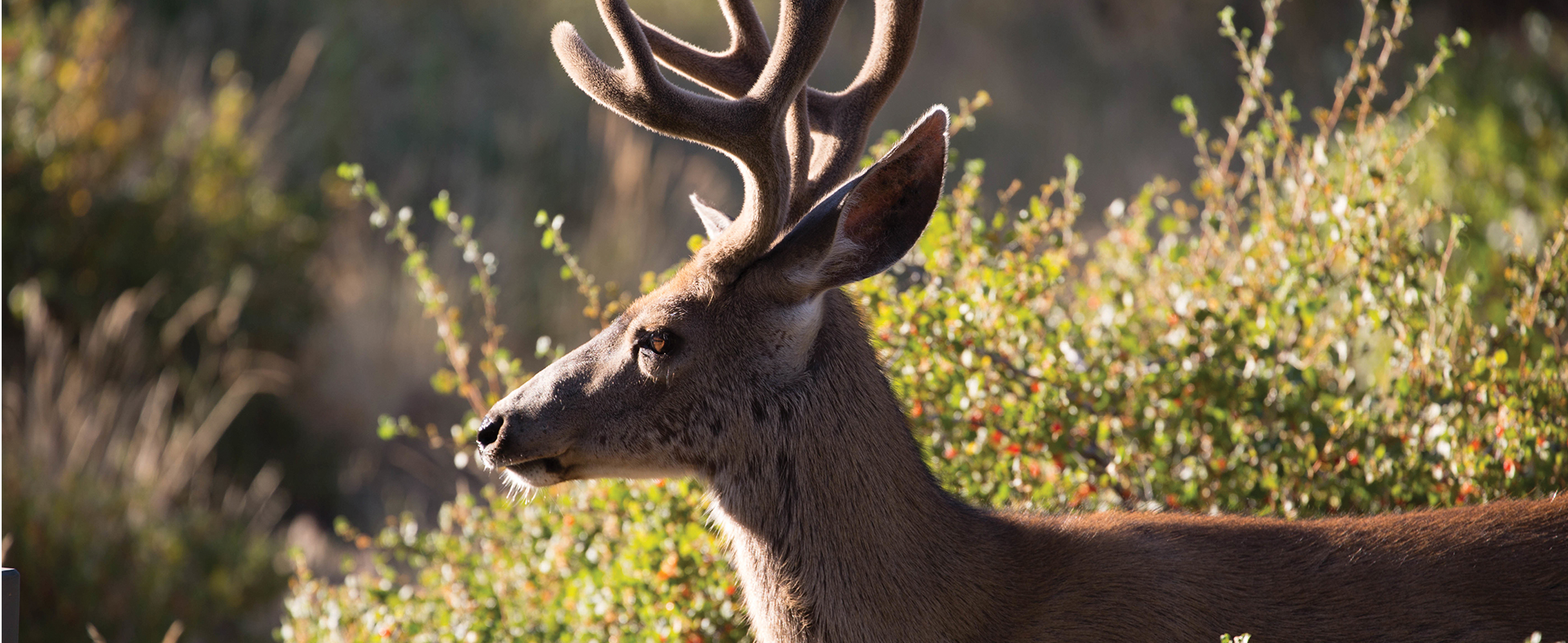The mission of the H.J. Andrews Experimental Forest is to support research on forests, streams, and watersheds, and to foster strong collaboration among ecosystem science, education, natural resource management, and the humanities. Located in the western Cascade mountains of Oregon, the 16,000-acre site is administered cooperatively by Oregon State University, the USDA Forest Service's Pacific Northwest Research Station, and the Willamette National Forest.
The Andrews Forest has been a US Forest Service Experimental Forest since 1948, and a National Science Foundation Long-Term Ecological Research (LTER) site since 1980. Facilities, including labs, offices, and housing, are available for research and workshop use. Researchers and graduate students interested in conducting work at the Andrews Forest are welcomed and encouraged—participants benefit from a rich data history and from collaborations across disciplines. See the Andrews Forest webpage, http://andrewsforest.oregonstate.edu, for ways to connect. Andrews Forest Facebook. Andrews Forest Newsletter. Andrews Forest webcam.
